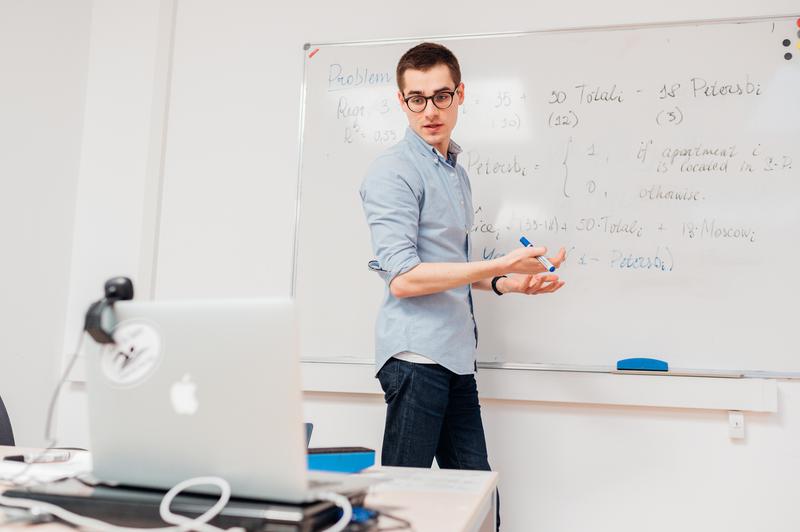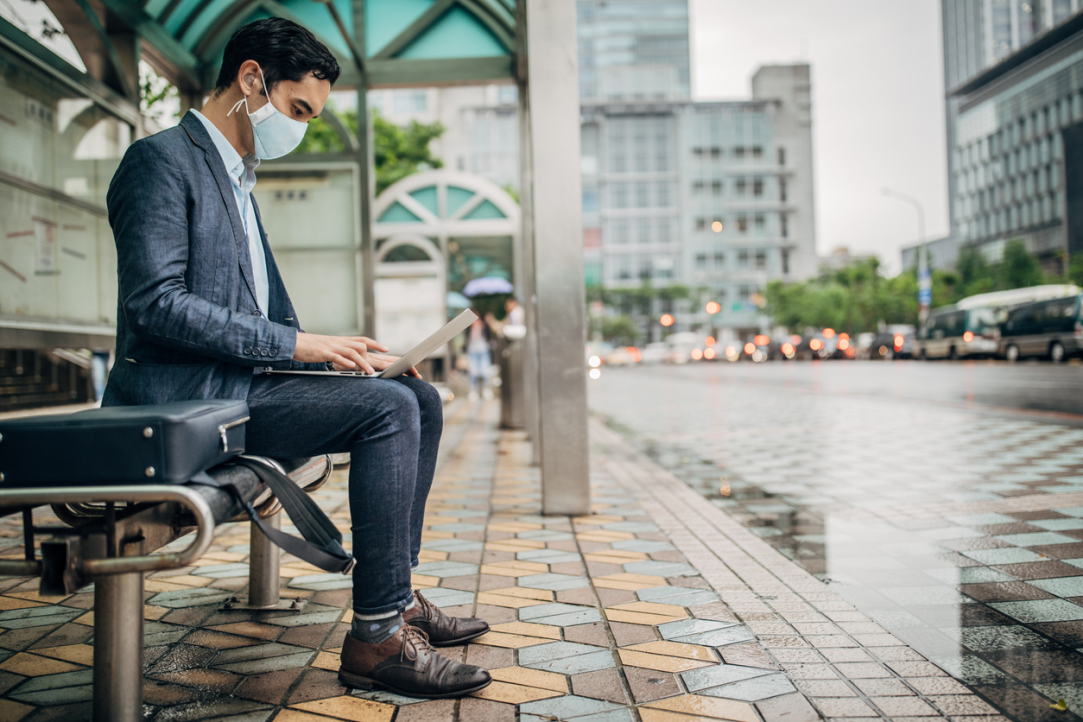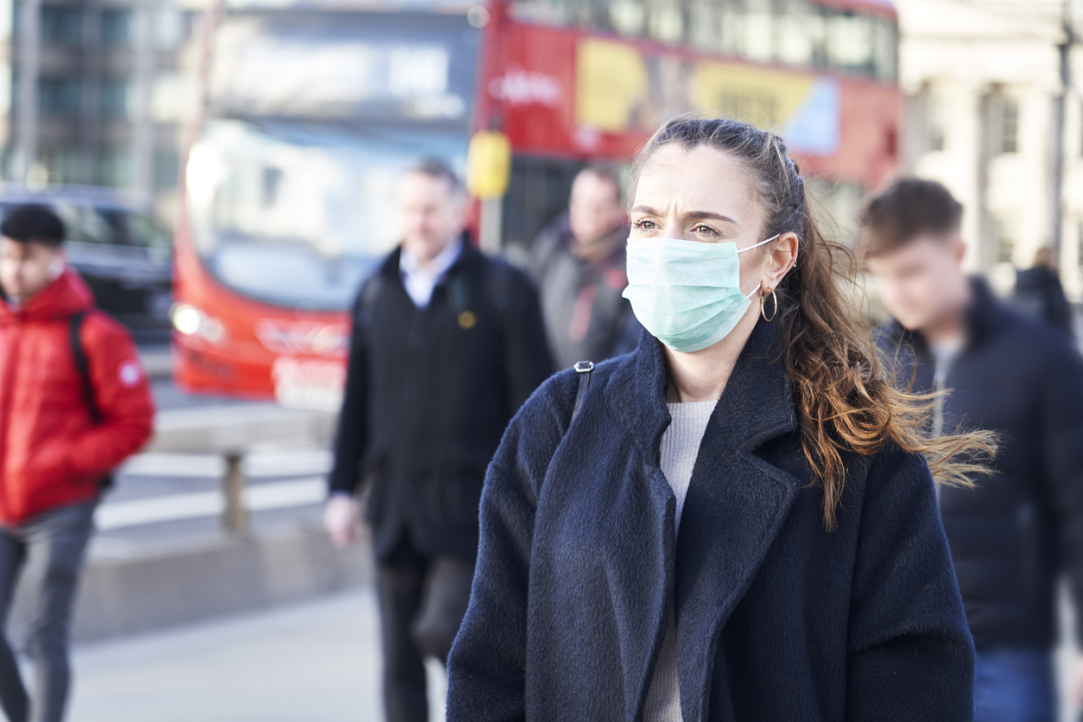
Academics Started Working Even More During the Pandemic
Academics’ work week became even longer during the pandemic. This is true of researchers from different countries, independently of their gender and specialisation, an international research team with HSE University participation found. Their working time during the pandemic was 51 hours compared to the usual 40. The increased number of working hours per week seems to have become part of the new academic norm. The results of the study were published in the Plos One journal.

The Pandemic Has Boosted Digitalization and Deglobalization: What Does It Mean for Russia?
The COVID-19 pandemic has caused global economic, social and technological transformations. Experts from HSE University and other education and research institutions from various countries discussed these transformations and other relevant trends for the future at the 3rd International Conference ‘East and West at the Stage of New Transformations: The Post-Covid Changes’.

‘We Have to Ask the Very Same People Multiple Times to Understand What Changes in Emotions, Attitudes, and Behaviors Really Take Place’
On November 6, Dr. Klaus Boehnke, Deputy Director of the HSE Centre for Sociocultural Research, presented his report entitled ‘Does COVID-19 propel value change: A comparison of Germany and the United Kingdom?’ at the ‘Culture Matters’ research seminar. HSE News Service has talked to Dr. Boehnke about various aspects of the value changes and socio-economic consequences of the pandemic in Europe and Russia.


Application deadline: June 23, 2025